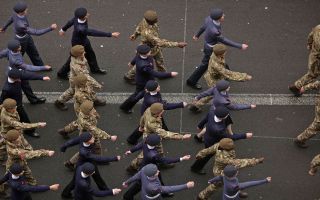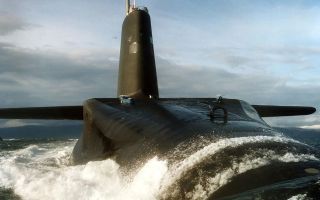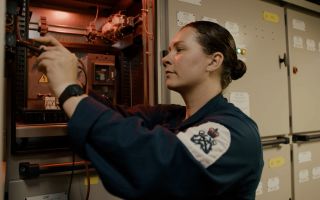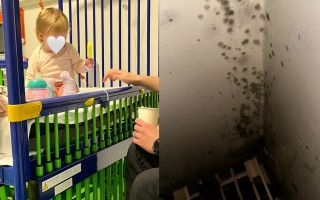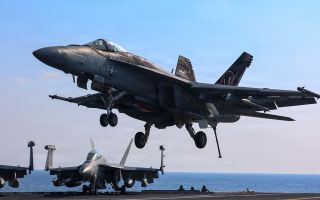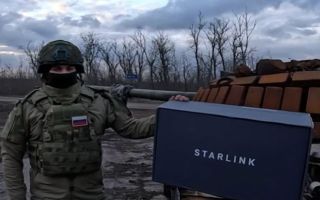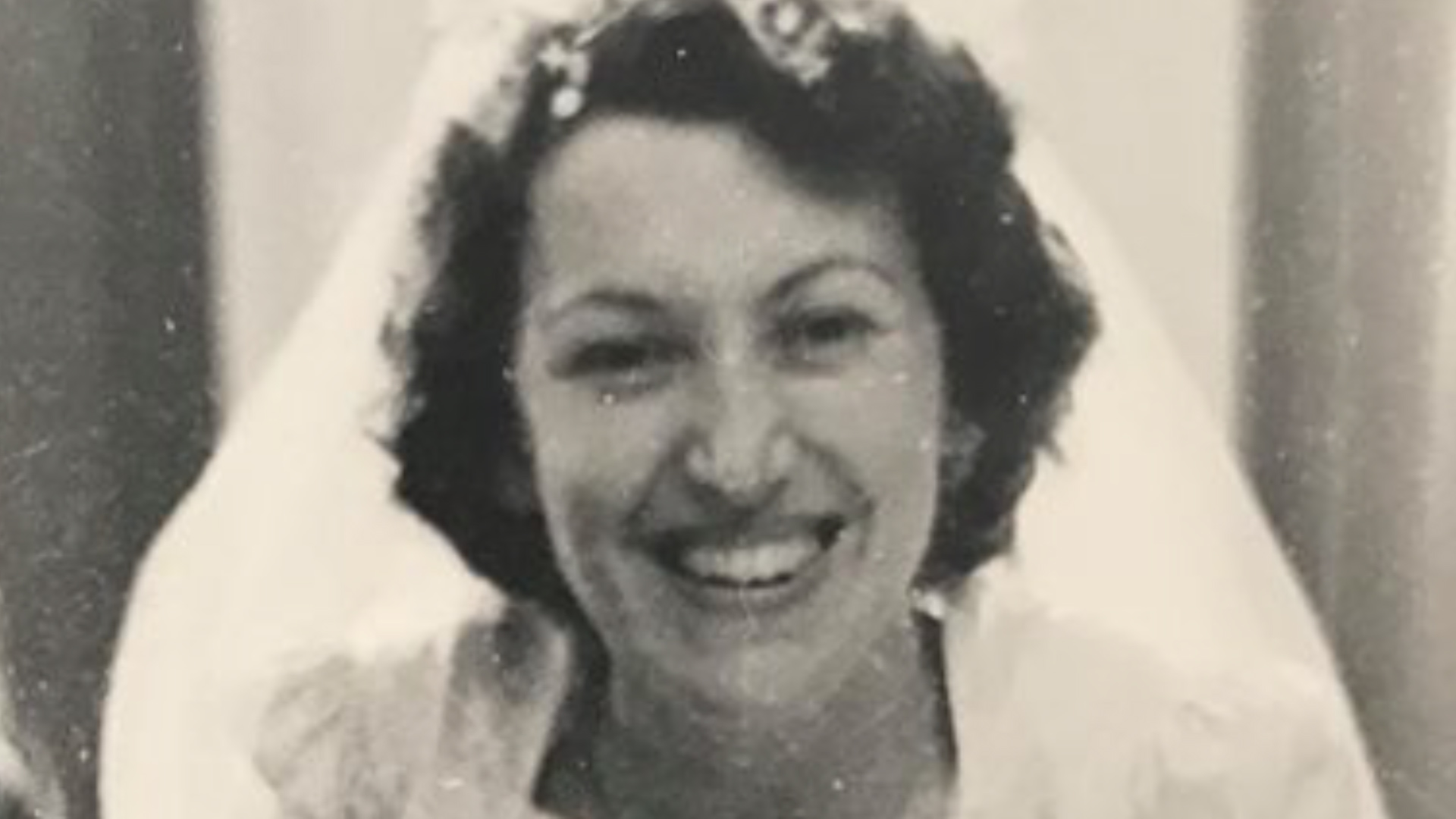
Absolute Legends: The woman who helped defend British skies during WW2

As part of BFBS Forces News' Absolute Legends series, we've been looking at just a few of the military's innumerable, incredible people and their stories.
Here, we reveal how one woman was asked out of the blue to become a vital part of Britain's war effort.
When the Second World War broke out, all were called upon to do their part in the war effort.
About three and a half million men served in the British Army alone during that time, with many more serving in the Royal Navy or the Royal Air Force.
With so many men being sent overseas, British women played a vital part in keeping the country going.
- The petite veteran who lied about her height so she could join up and support D-Day
- Retired fighter pilot Killer Chick inspires future generations of female pilots with extraordinary story of heroism
- The remarkable life of the British Army's oldest surviving female veteran
Along with running households and managing the incredible task of rationing and growing food in allotments by 'digging for victory', many were called to serve in the British Armed Forces.
War work involved women in roles such as mechanics, engineers, munitions workers and air raid wardens.
Overall, there were more than 640,000 women in the armed forces and the late Jessie Florence Jackson was one of them.
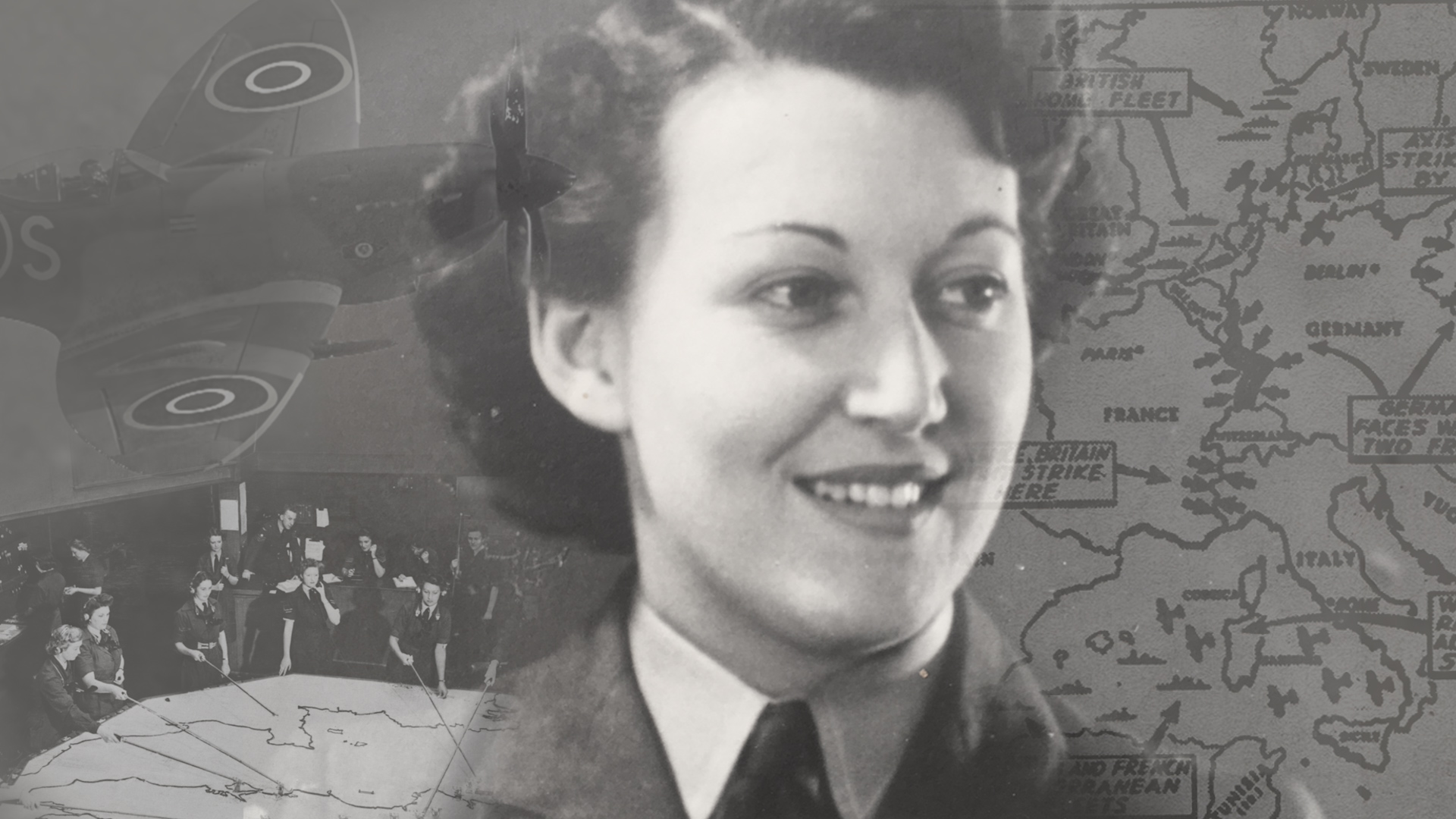
The Women's Auxiliary Air Force (WAAF) was founded in 1939 and was still young when they called upon Mrs Jackson.
Her boss was asked to put forward workers who he thought would be suitable for a new and important role in the WAAF.
Adverts looking to recruit people into this position stated they: "Must be under twenty-one years of age, with quick reactions, good at figures – and female".
Mrs Jackson's boss thought this new role might be dangerous and didn't want to lose any of his employees, so put forward the young woman thinking she would be the least likely to be picked.
As it turned out, she was one of the first women asked to serve in a Filter Room.
The Filter Room was the nerve centre of the radar system and housed female filter plotters.
During filter plotting, information from multiple radar stations around the British coast was filtered and transmitted to the Operations Room.
This important role was treated with extreme secrecy at the time, leading to it being underappreciated and often forgotten.
Women like Mrs Jackson received information from multiple radar systems alerting them to the presence of the enemy.
Plotters played a vital role in The Battle of Britain as their work helped keep the brave pilots and navigators alive to fight another mission.
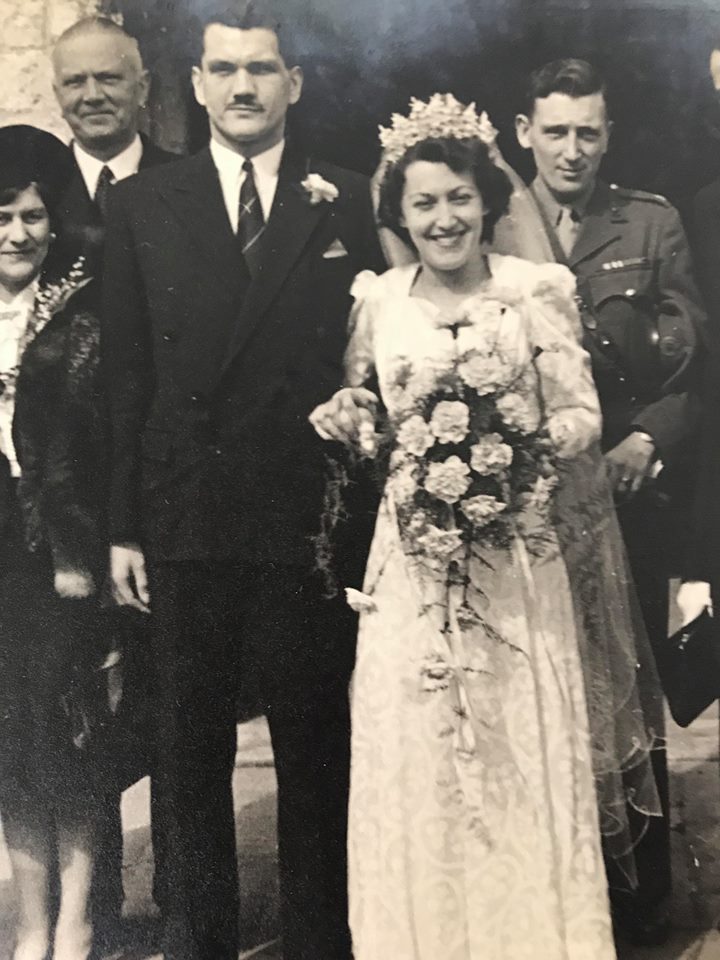
She also helped defend Britain from The Blitz, by alerting the services of incoming German planes.
One of her biggest motivations for wanting to serve during the war was the fact that her whole family suffered greatly when a bomb landed on their home, killing and injuring her nearest and dearest.
One pilot Mrs Jackson was looking after was her future husband Eric James Jackson who served in the RAF during the Second World War.
His role in flying damaged planes back to the UK meant he regularly flew some of history's most iconic planes back home while under intense fire.
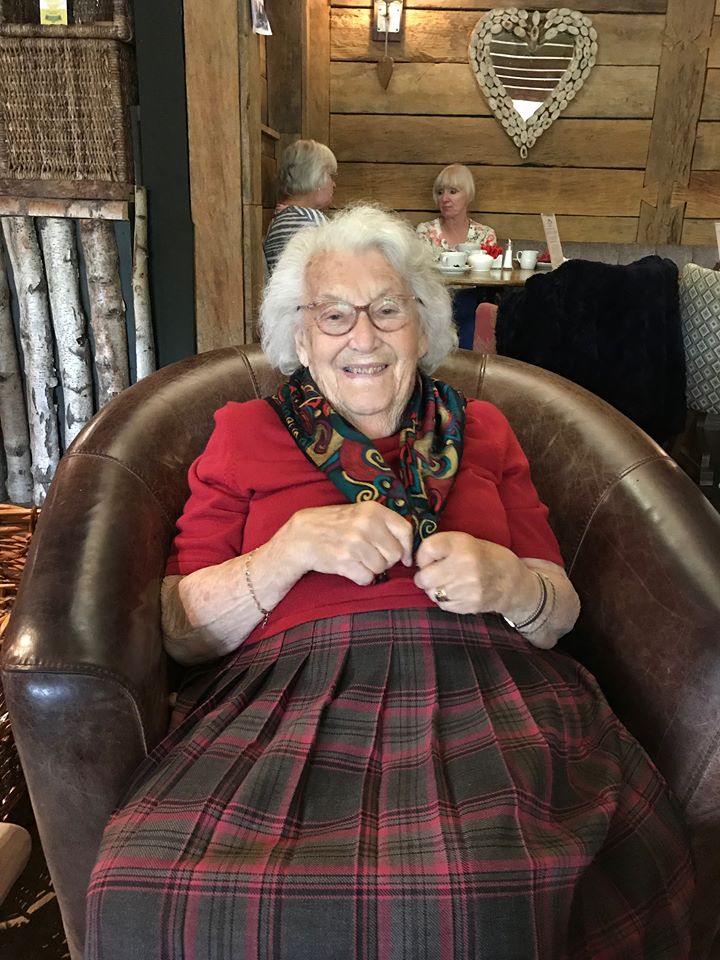
Mrs Jackson was the focus of the BFBS Forces Radio special 'Just A Bowl Of Cherries' where her granddaughter Poppy Pawsey, who also served in the British Armed Forces, spoke to her about her time during the Second World War.
Despite Mrs Jackson's memory fading in old age, she could still recall the early days of her life and the events of the Second World War with charm, eloquence and wit.
One of the things that made Mrs Jackson such a legend is her enduring support for all those serving in the Armed Forces.
Every night, without exception, throughout the Afghanistan and Iraq conflicts Mrs Jackson, who was then in her late 80's, would quietly raise a glass of whiskey for 'the boys and girls serving to make our lives safer'.

